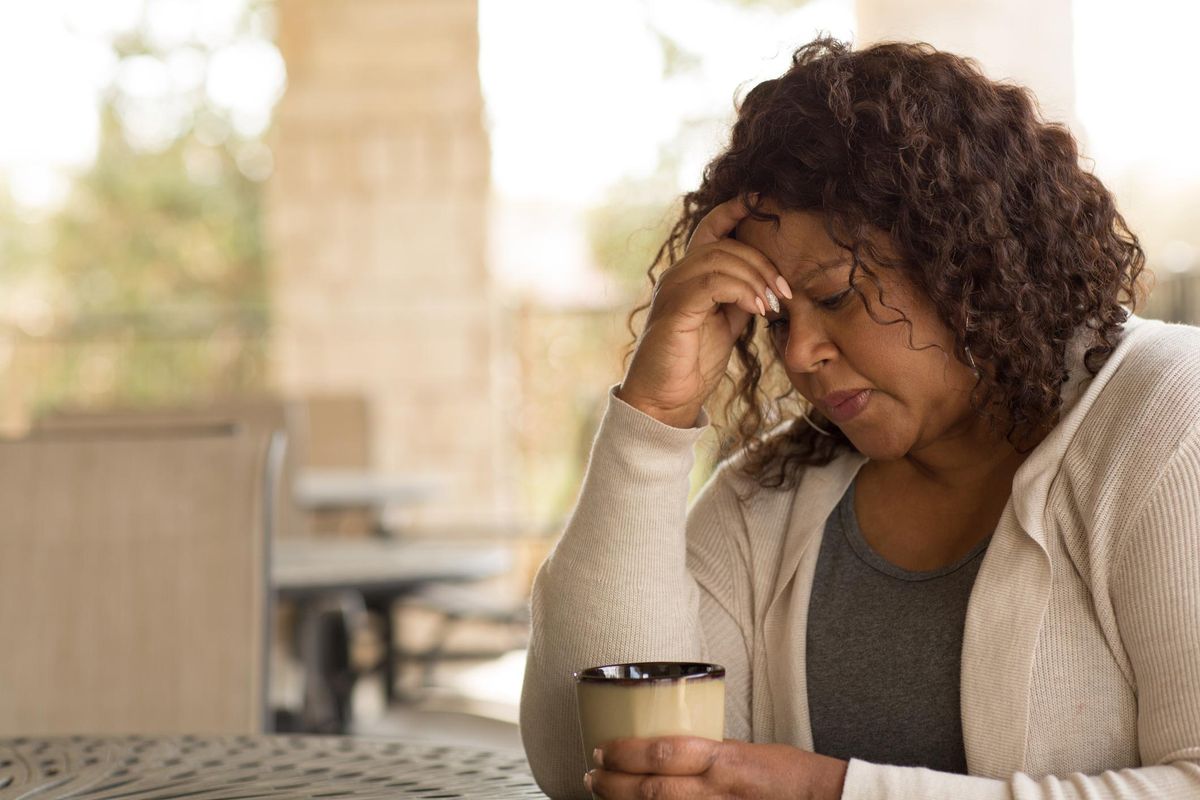Q:
I recently had a heart attack. The rehab I could handle, but I've been feeling really sad lately. Why is this? I should be happy to be alive!
A:
Don't be too hard on yourself. It's quite possible that you're experiencing some depression, which is very common after a heart attack. In fact, 20 to 30 percent of cardiac patients suffer from depression.
Depression is a serious disease on its own. But in someone with heart disease, it becomes even more worrisome. Numerous studies show that people who have both are more likely to have another heart attack or to die from heart disease than someone without depression. Conversely, treating depression in people who have had a recent heart attack can reduce those risks. In one study, treatment with antidepressants reduced the risk of cardiovascular deaths, nonfatal heart attacks and all deaths by 43 percent in people with post-heart attack depression.
Such data led the American Academy of Family Physicians to publish its first-ever set of guidelines related to the detection and management of post-heart attack depression. The guidelines call for regular screening for depression in people who had heart attacks, beginning while they are hospitalized. It also recommends treating people diagnosed with depression to improve their symptoms. The guidelines recommend selective serotonin reuptake inhibitors (SSRIs), which include fluoxetine (Prozac) and paroxetine (Paxil), over tricyclic antidepressants, and notes that psychotherapy may be beneficial. Regular follow-up and monitoring are recommended.
Please call your health care professional immediately and make an appointment for a depression screening. This involves answering a few questions. Depression is very treatable, and treating it now could help prevent another heart attack down the road, among other important health benefits.







